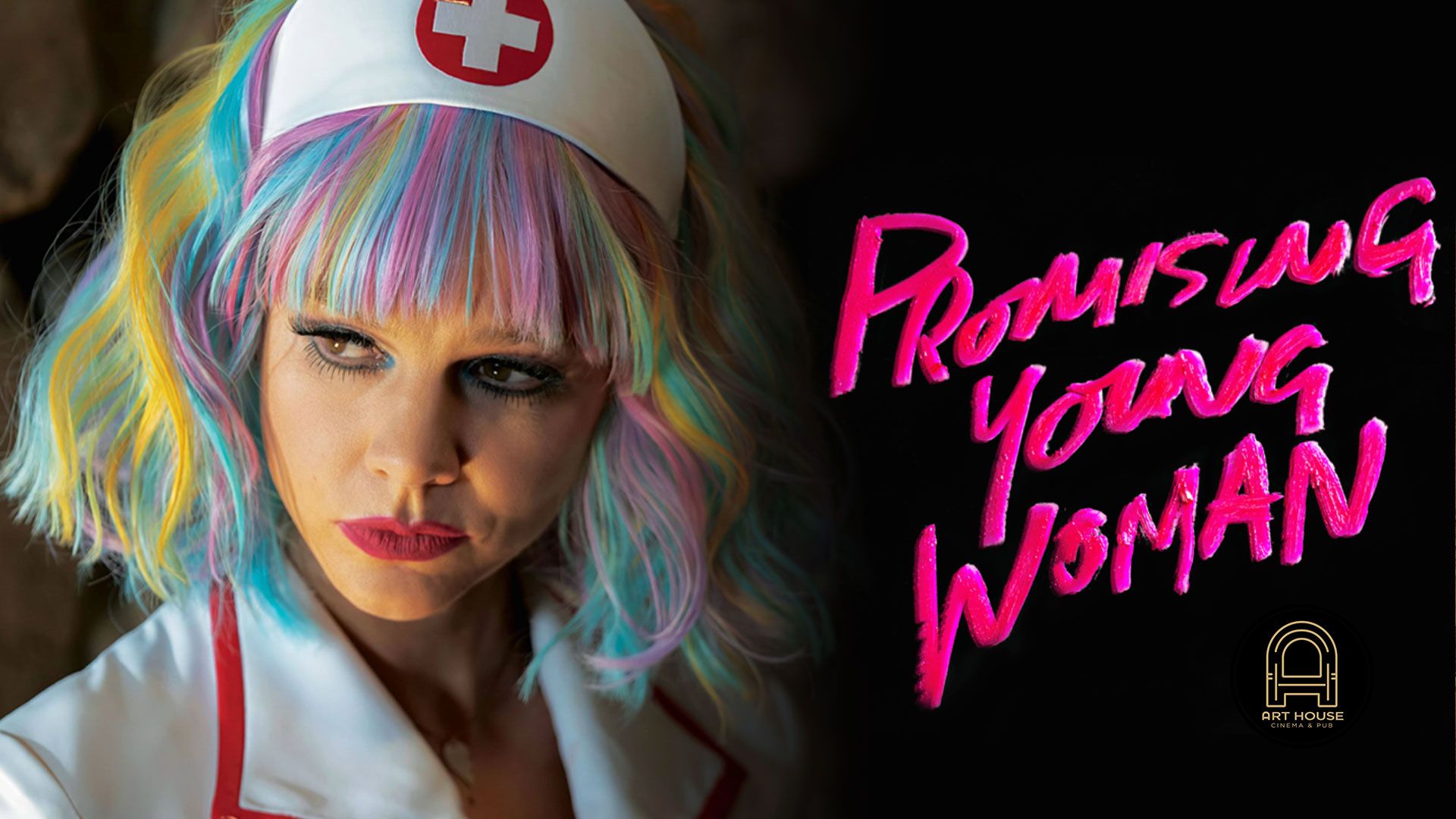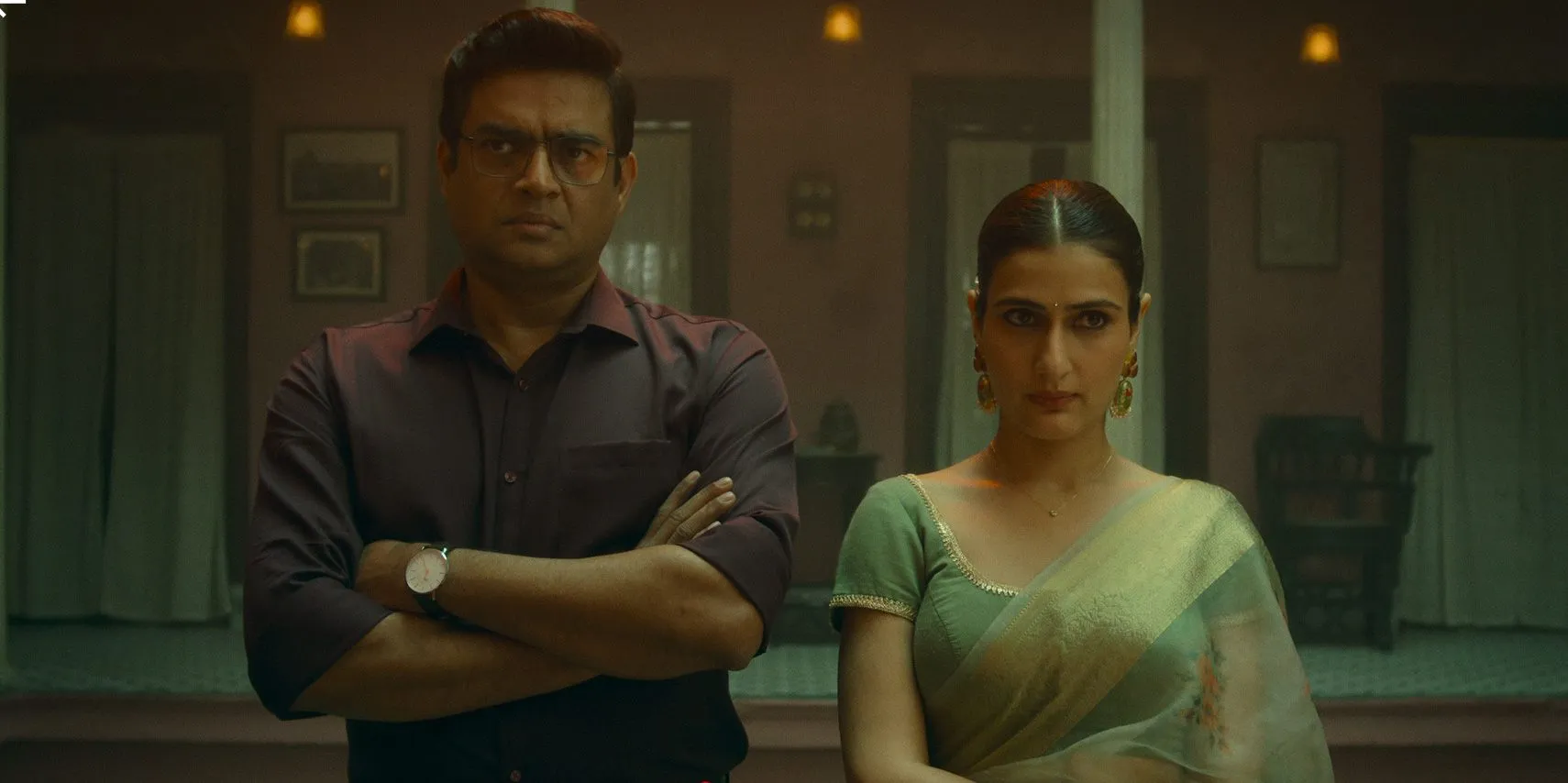Trigger Warning: Mentions of rape and sexual violence
Spoiler alert!
Promising Young Woman is a 2020 black comedy thriller film, where the protagonist Cassandra ‘Cassie’ Thomas, a medical school dropout who now works at a coffee shop, seeks to avenge the death of her best friend Nina Fisher, who was a victim of rape. She is traumatised by the tragic event and the lack of investigation by the school and legal system. She spends her evenings feigning drunkenness in clubs, allowing men to take her to their homes, and revealing her sobriety when they try to take advantage.
In one scene, Cassie (played by 2-time Oscar nominee Carey Mulligan) is about to walk into a bachelor party posing as a stripper. The background score is a modified version of Britney Spears’ chartbuster Toxic, which probably symbolises the toxic masculine space that Cassie is about to step into.
Emerald Fennel (of Killing Eve fame) presents a commentary on the existing rape culture of the 21st century in her directorial feature debut. She points at the deep-rooted misogyny that has perpetuated systemic oppression on survivors of sexual violence and how all of us in some way or the other have contributed to this scenario by normalising problematic behaviour. Let’s take a look at a few lessons that the film drives home through real-life characters that we can relate to.
The Myth of the “Nice Guy”
Fennel takes a sledgehammer and completely demolishes the entity of the “nice guy“, something that many men in the film claim to be after Cassie gives them the rudest shock of their lives. The title of the film in fact alludes to the phrase ‘promising young man‘, a term often thrown in the media to defend any man who has been accused or convicted of sexual misconduct, most popularly in the case of convicted rapist Brock Turner. Fennel points at the existing bias in our society that is more interested in saving this ‘promising young man’ over lending support to the ‘promising young woman’.
The entity of the “nice guy” is what creates the fear of disbelief among survivors who cannot bring themselves to narrate their horror in front of others.
In addition to that, by exposing the façade of the nice guy, Fennel states how the real sexual offenders are nothing like the caricatures presented in most pop culture. Instead, these are people we actually know very well and whose involvement in a case of sexual misconduct shocks us to the core. The villains in the film are accomplished men who are admired by society to a great extent.
This is reminiscent of the wave of allegations during the #MeToo movement especially against academics, professionals, and otherwise influential people with a huge fan following who are looked up to by a significant majority. In addition to that, most of these “nice guys” are white and privileged men which one may interpret as a subtle critique of the racial bias existing in the USA, that punishes men of colour more severely than the white man for the same crime.
What is more is that when the so-called nice guy is shown the mirror, that he is nothing short of a creep, he goes into a mode of denial. Instead of owning up to his mistake and repenting, he goes out of his way to defend himself by gaslighting the women who call him out. “Why do you guys have to ruin everything“, a character yells at Cassie. The biggest shock of all is when Cassie finds out that her boyfriend (another textbook nice guy) was party to her best friend Nina’s sexual assault.
Also read: Short Film Devi Zooms In On The Intersectional Nature Of India’s Rape Culture
The entity of the “nice guy” is what creates the fear of disbelief among survivors who cannot bring themselves to narrate their horror in front of others. This too was reflected during the #MeToo movement when many allegations of sexual assault against the high and mighty were not taken seriously.
There is also somewhat of a hierarchy that privileges the ‘promising young man’ over the ‘promising young woman’. Nina was an accomplished student of medicine, as much as her male counterparts and yet that did not accord her the same value and importance as the men in her class. It highlights another lesser spoken reality of our times, which is how incidents of sexual misconduct discourage women from being a part of STEM fields which are mostly male-dominated.
Women can be as much a part of the system as men
In an interview, Fennel mentions how there is almost no character in the film who can be described as innocent. Two of the female characters, Cassie’s friend Madison and the Dean of the medical school where Cassie and Nina studied, Elizabeth Walker are prime examples of women being somewhat if not equally complicit in rape culture. We see them throw lame arguments regarding how “Nina was drunk” or “how she slept around” to defend the men who actually raped Nina.
These are moments where Fennel highlights internalised misogyny among women that aids them to be accepted by mainstream society at large. Much like their male counterparts, they too are more bothered about the future of the accused as opposed to that of the survivor. It is only when their own lives are almost touched by similar incidents that they realise the horror that Nina had to undergo.
We can all be part of the solution
The character of Jordan Green, the defence lawyer for the rapists of Nina, is presented as one who is remorseful. While he too has played a major part in letting the men escape unpunished, he has been repenting ever since. The fact that Cassie does not engage in actual violence with any of the men who try taking advantage of her inebriated state delivers another potent message. The answer to violence is not violence. Feminists have time and again emphasised that the execution of a convicted rapist is not the solution to rape culture. As the conversations between Cassie and Jordan point out, there is no one person responsible but an entire system that protects men and excuses their inappropriate behaviour.
It is this rape culture that has projected the image of the ‘drunk woman’ or the ‘sexually active woman’ as one who deserves no sympathy when assaulted.
It is this system that has projected the image of the ‘drunk woman’ or the ‘sexually active woman’ as one who deserves no sympathy when assaulted. It is the system that does not take any action against boys citing their age and repeating ‘boys will be boys’ ad nauseum. Capital punishment only stamps out the pest but does not put an end to the pestilence. Real change will happen when people start taking accountability for their actions.
Instead of hashtagging ‘Not All Men‘, what is more important is to sensitise people (mostly men) from a young age. The reason most people relish at the announcement of the death penalty of a convicted rapist by a court of law, is because it absolves them of any responsibility. They do not feel the need to do anything more than filling their social media pages with hashtags like ‘Hang the rapist’ or screaming the same thing out loud on the streets.
Promising Young Woman is a masterpiece not only because of its compelling story-telling but also because of its overall presentation. The aspect of revenge is not presented in a conventional masculine way featuring blood and gore. Instead, the film bursts with colours in most scenes and the conventionally feminine lifestyle of Cassie rules the screen, making it clear that the film is not interested to cater to the male gaze at all.
Also read: Cinema Of Male Apathy: Rape Scenes In Malayalam Films Through The Ages
Refreshingly, the film does not use the trauma of the survivor as some kind of a moment of transition for her. This has been a much-used trope in popular culture but it has only justified the prevalence of societal oppression (especially on the unprivileged) in a rather subtle way. Even though the film has a bittersweet ending, we the viewers who have seen the entire film through Cassie’s eyes can at least be satisfied that she and her bestie Nina have the last laugh.
Supriyo Dey graduated with a Master’s in Sociology in 2019. His interests include political sociology, feminism, popular culture, and the environment ans is currently preparing for PhD. He can be found on Facebook and LinkedIn.




